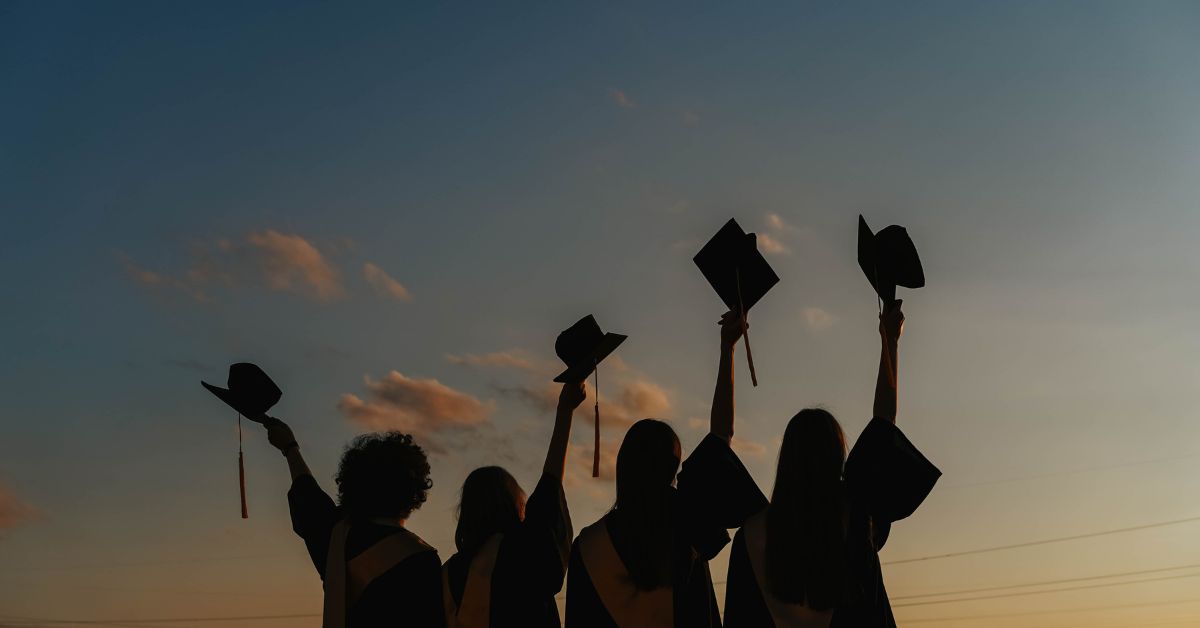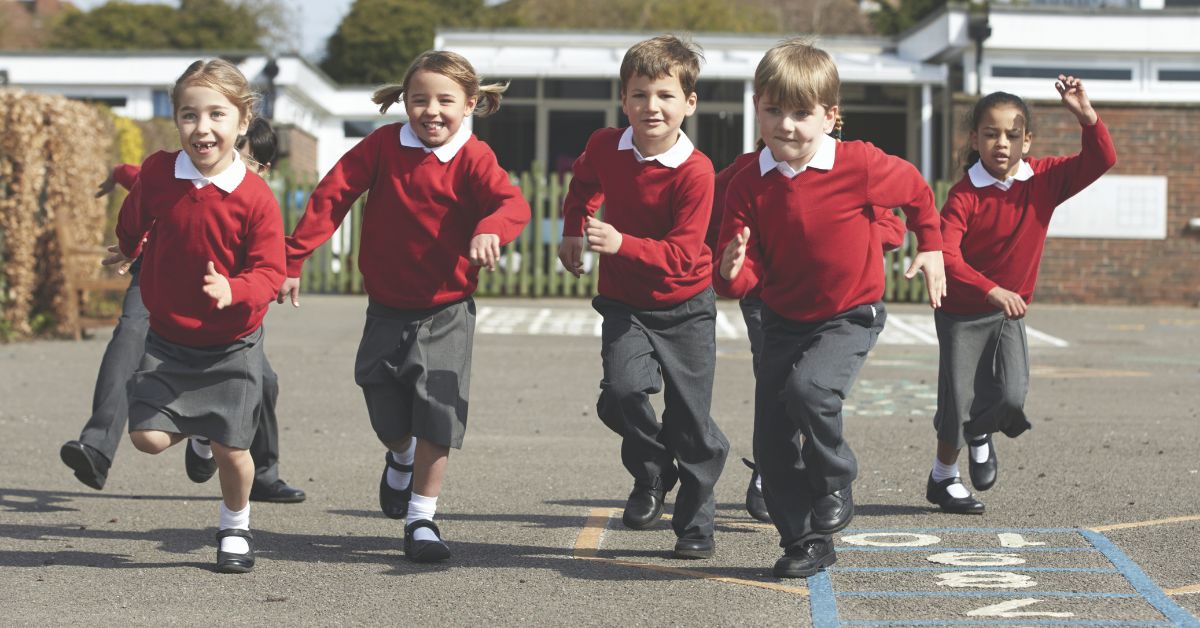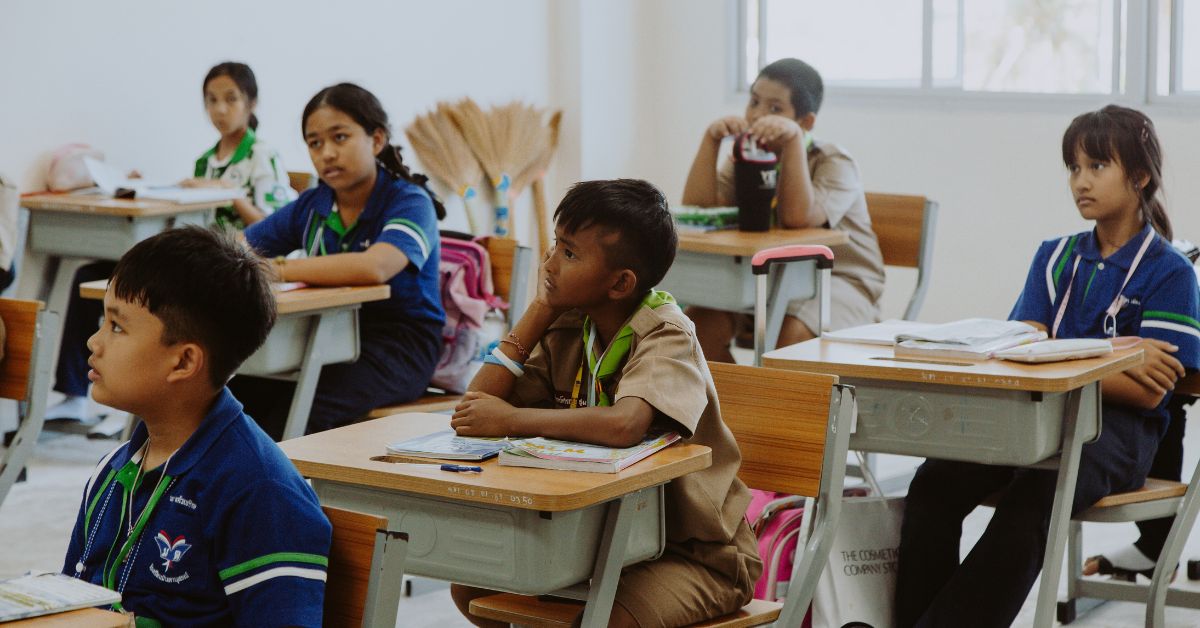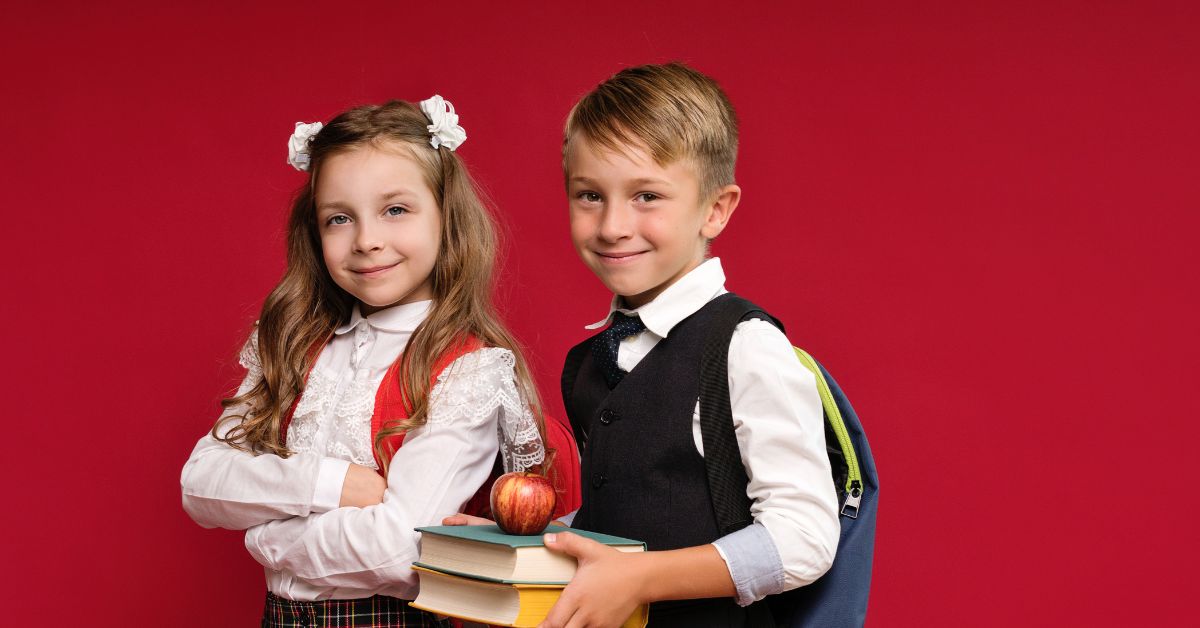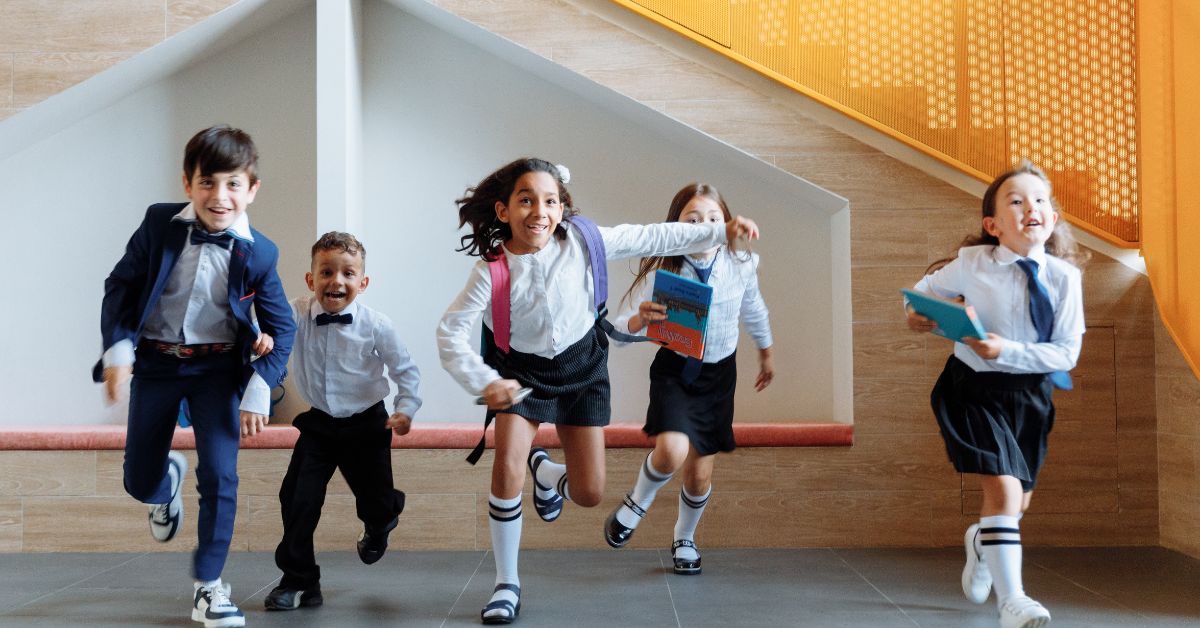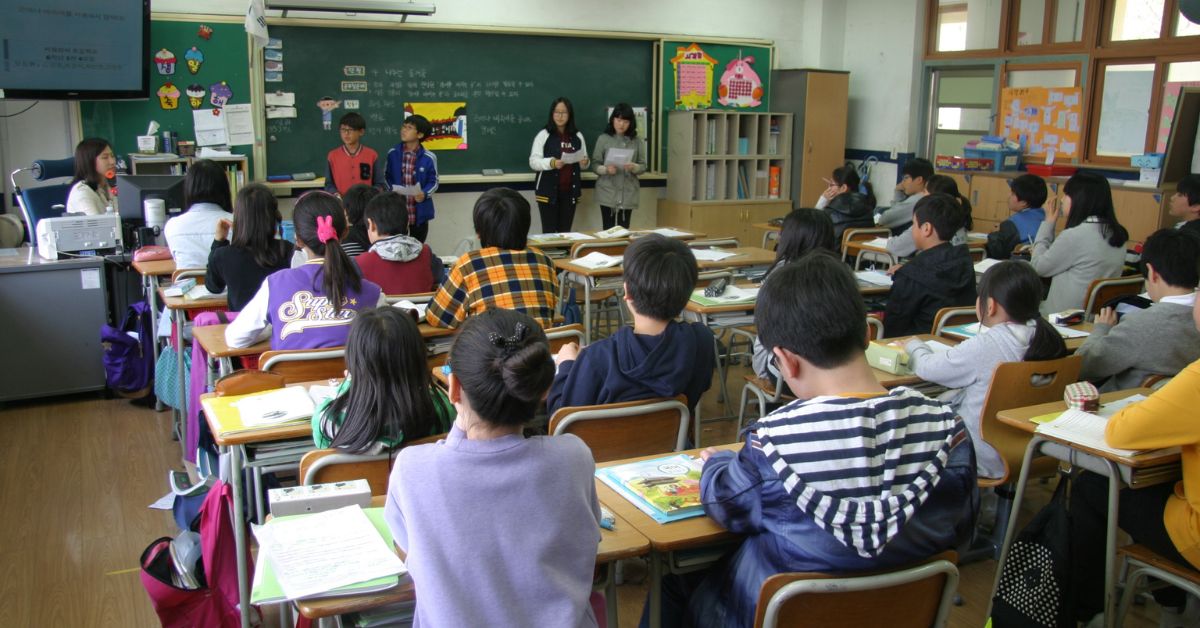For generations, education has centered around one thing: exams. From multiple-choice tests to high-stakes finals, students have been judged largely by how well they perform on a few standardized assessments. But in today’s rapidly evolving world, that model is showing cracks.
Increasingly, educators and thought leaders argue that the future of education isn’t about filling in bubbles—it’s about creating experiences that prepare students for real life.
So what’s replacing the traditional test-based system? Let’s dive in.
The Problem with Exam-Obsessed Learning
While exams can measure content recall and basic understanding, they fall short in several areas:
- They reward memorization, not critical thinking.
- They cause anxiety without offering long-term learning benefits.
- They fail to assess soft skills like communication, leadership, or creativity.
- They ignore different learning styles and paces.
“You don’t test a fish by its ability to climb a tree,” says educator Simone Tran. “Exams are limited snapshots—not full stories.”
Experience-Based Learning: A New Model Emerges
As the future of education evolves, many schools and universities are shifting toward experience-based learning—an approach that emphasizes real-world application, exploration, and problem-solving.
Here’s how experience is taking center stage:
| Experience Type | Real-Life Impact |
|---|---|
| Project-Based Learning | Students solve real-world challenges as a team |
| Internships & Field Work | Learners apply knowledge in real job environments |
| Service Learning | Community-based projects build empathy and leadership |
| Digital Simulations | Virtual labs and role-playing enhance deep learning |
Why Experience Matters More Than Ever?
In a world where AI can answer factual questions in seconds, what students need most are skills that machines can’t replace:
- Critical thinking
- Emotional intelligence
- Collaboration
- Creativity
- Adaptability
Experience-based learning builds these skills naturally, making students not just smarter—but more prepared for the unpredictable future.
Global Trends Shaping the Future of Education
Countries like Finland, Singapore, and New Zealand are already embracing educational models that focus more on experience than exams. In the U.S., schools are experimenting with portfolio assessments, capstone projects, and “learning exhibitions” instead of final tests.
And the movement is growing fast.
“The future of education is not about what you know—it’s about what you can do with what you know,” says futurist Dr. Karan Malick.
Are Exams Becoming Obsolete?
Not entirely. Some form of assessment will always be necessary. But rather than being the only measure of learning, exams are starting to take a back seat to ongoing performance, creative outputs, and hands-on results.
Here’s a comparison:
| Traditional Exams | Experience-Based Learning |
|---|---|
| Time-bound and high-pressure | Flexible, reflective, and continuous |
| Measures knowledge recall | Measures skill application |
| Uniform for all students | Personalized and interest-driven |
| Focuses on right answers | Focuses on process and problem-solving |
What This Means for Students and Teachers
For students, it means more autonomy, creativity, and relevance in their education. For teachers, it means a shift from grading to guiding—mentoring students through projects, experiences, and personal growth.
Final Thoughts: The Shift from Scores to Stories
The future of education is no longer measured in test scores—it’s measured in stories of growth, experiences gained, and challenges overcome.
If we want to prepare students for the complexities of real life, we must offer more than exams. We must give them the experiences that build wisdom, not just knowledge.

